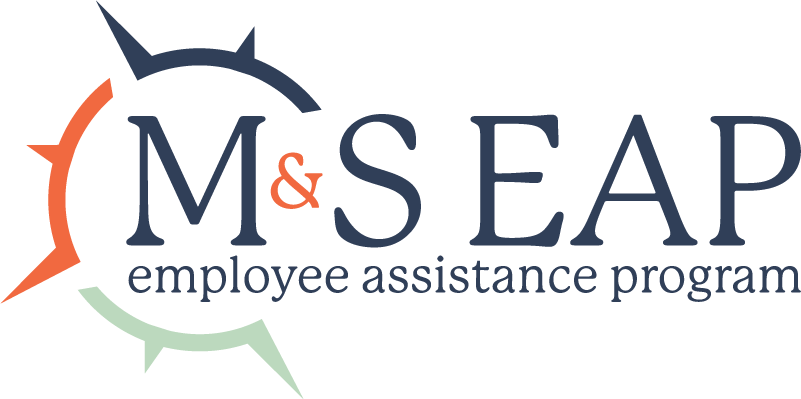How to Identify Substance Abuse in A Remote Employee

Remote work was, for the longest time, reserved only for people under certain circumstances. Nowadays it’s not only become increasingly popular, but for many people it’s preferred. There are even a growing number of employers who are starting to prefer having remote employees over in-person employees.
Despite all of the benefits — for both employers and employees — of remote work, there has been a rise in depression with the increase of remote jobs. In addition, there’s a major downside of not being able to see someone every day at work and leaving them to work in such an isolated environment (even if they chose to themselves).
It’s not easy to identify if someone is battling substance abuse.
Substance abuse in the workplace
Whether you are a manager or a coworker, you used to be able to easily recognize if someone was starting to deteriorate mentally or physically in the workplace due to substance abuse. You could see it in their eyes, in their appearance and in their behavior.
As a decent human being, your concern would most likely make you do something, that level of something depending on whether you were a manager or coworker, of course.
But signs of substance abuse are not so obvious in a remote employee. And according to this survey conducted by a leading addiction center in America, one in three people are most likely to drink alcohol when they’re at home, during their work hours.
Since the pandemic and the lockdowns that happened as a result, remote work has increased significantly in the recent couple of years — unfortunately, so has substance abuse. Specifically, substance abuse has increased during work hours when someone is working remotely, and might be tempted to think there are no real consequences because there’s no one to see what they’re doing.
Signs and symptoms of substance abuse
Identifying the warning signs of substance abuse in a remote worker can be a challenge, not only because you don’t often see them — and when you do, it’s over a video conference call — but also because symptoms of depression can imitate symptoms of substance abuse.
When you aren’t seeing someone in person and on a daily basis, distinguishing the two can be difficult, but it’s not impossible. You might have to look a little closer, pay a little more attention, ask a few more questions, but you’ll learn how to identify if a remote worker is struggling with substance abuse. And we’re going to help you figure out what to look out for.
Some of the signs of substance abuse in a remote worker might include:
- Particularly indifferent, distant or irritable during meetings or evaluations
- Dramatically inconsistent quality of work
- Increased errors in work or mistakes in judgment
- Lack of punctuality, such as starting work especially late, taking significantly longer lunch breaks or clocking out far too early
- Providing vague excuses or complaints to justify behavior or inefficiency
- Drawing out work projects or working an extended amount of time without accomplishing much
- Decreased responses or changes in speech patterns
- Consistent lack of availability to work
Learn to recognize these behaviors and your intervention, even if that simply means bringing your concerns to management, could potentially save a coworker’s life.
Understand, though, someone who reflects one or even a couple of these symptoms might not actually be battling substance addiction. They could very well just be an inefficient employee.
That might also warrant a conversation with your manager too.
Reach out for help
If you are a coworker or manager who has noticed any unusual or uncharacteristic behavior in a fellow employee, recognize that you can encourage them to seek professional help.
If you are a coworker of equal status, it might be best if you bring your concerns directly to your superior instead of trying to open up a dialogue with your coworker directly. If you’re a manager and you’re feeling tempted to think it’s none of your business — it is. It’s within your right to be the one to initiate such a dialogue with the employee in question.
Dealing with these situations can be confusing, intimidating and you might not know what to say or do when addressing a potential substance abuse in the remote workplace. That’s what our team here at Mazzitti & Sullivan EAP are here for; we’re here to help you.
Simply give us a call today at 800-543-5080 and we’ll help you figure out your next steps.



